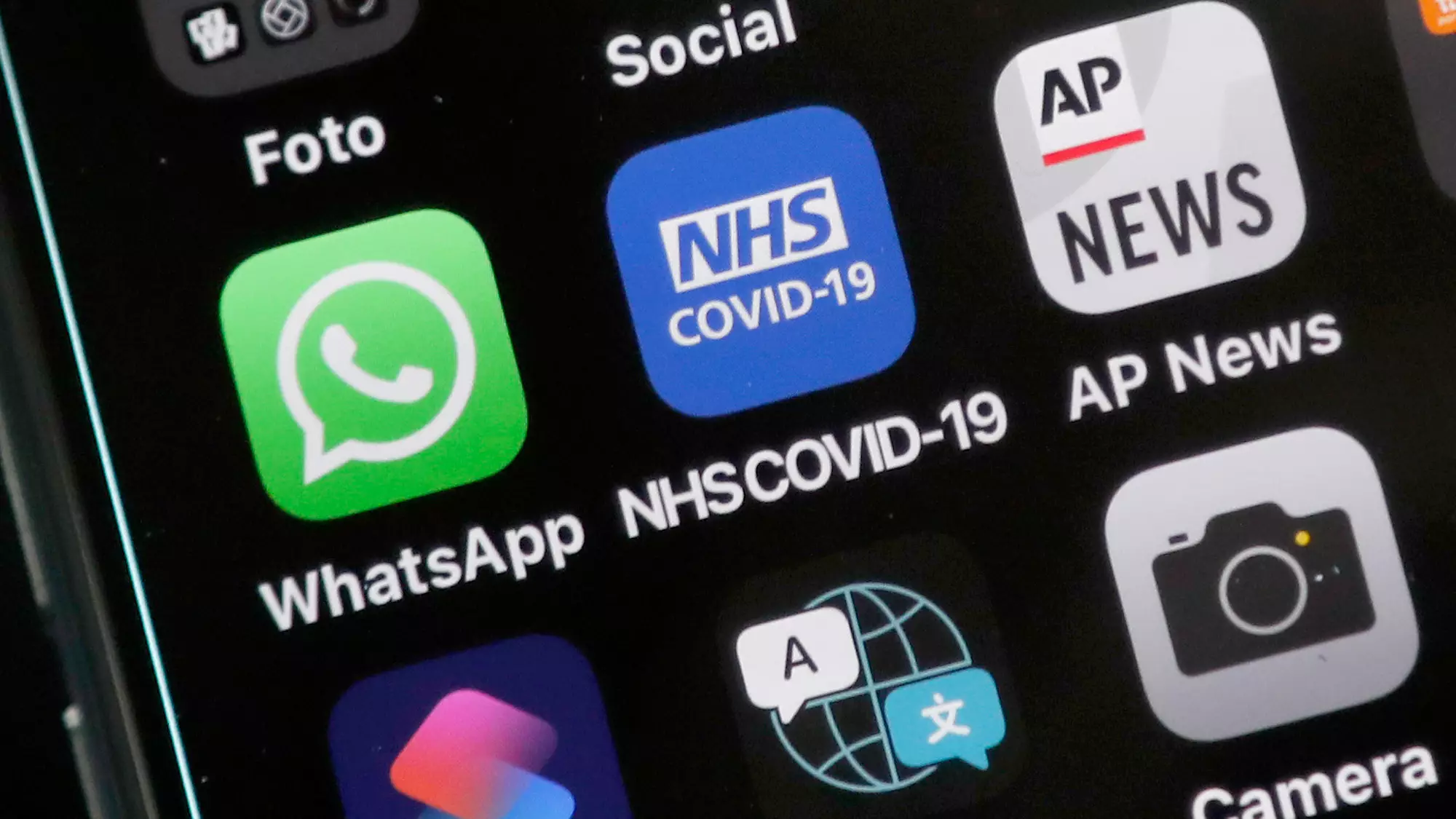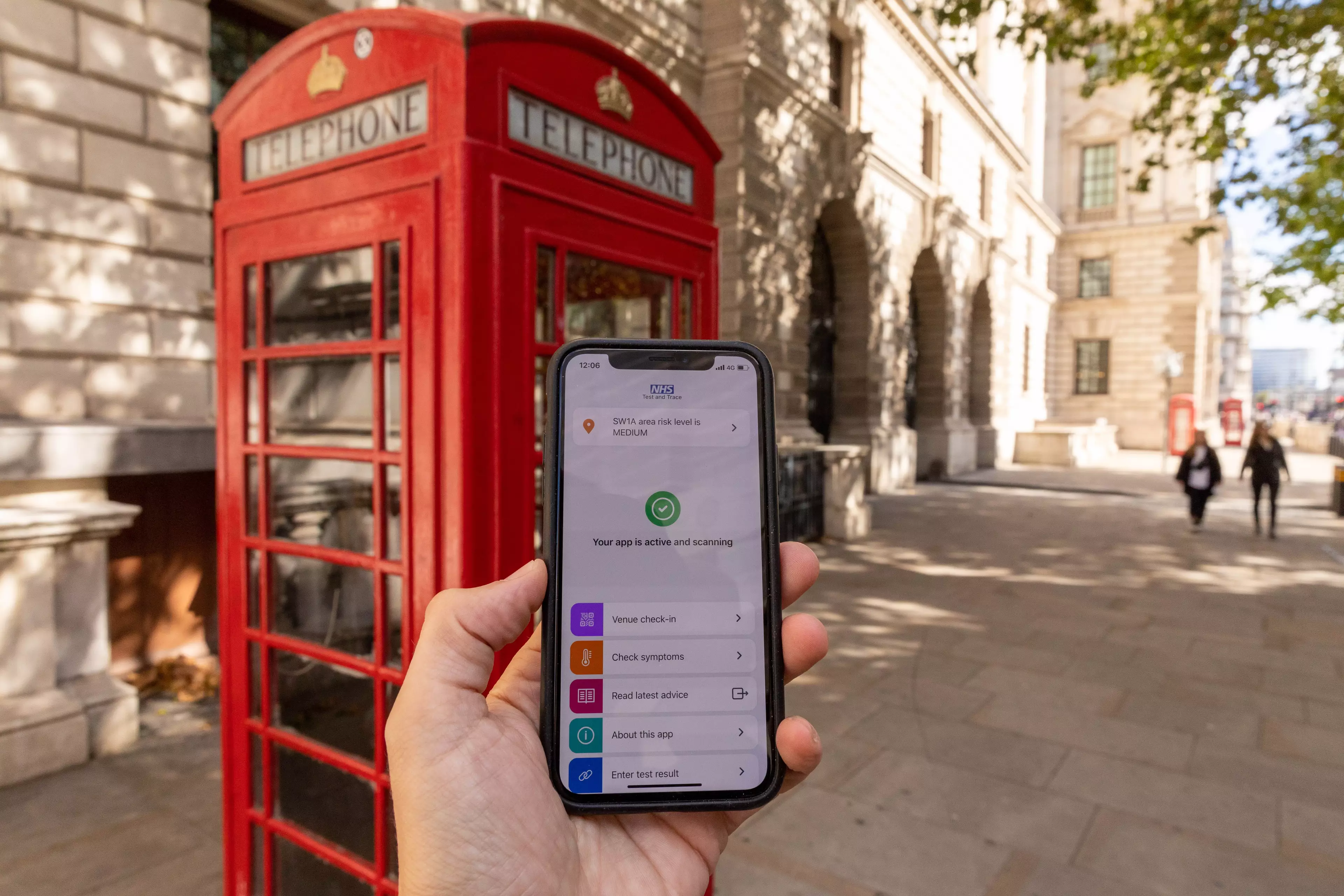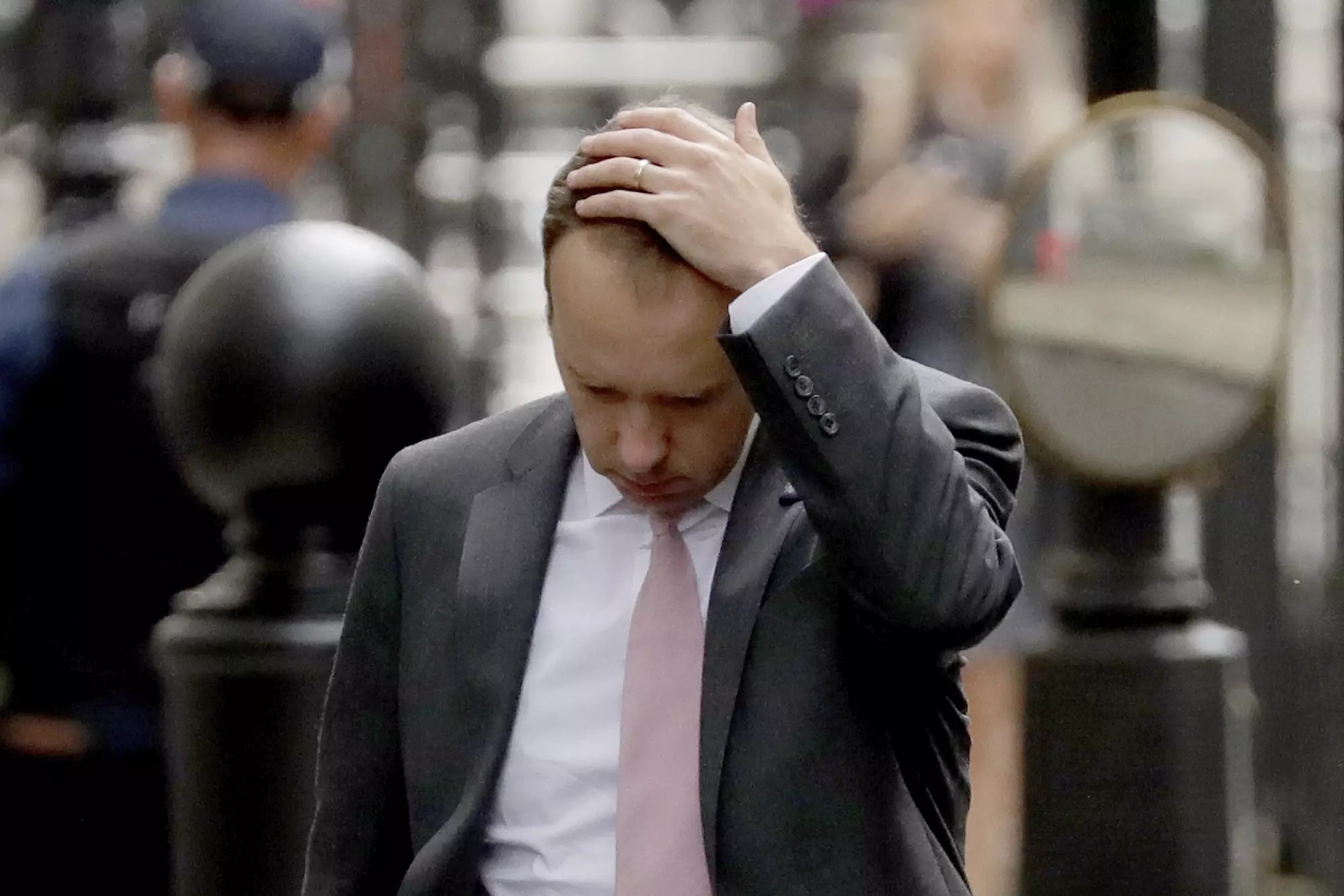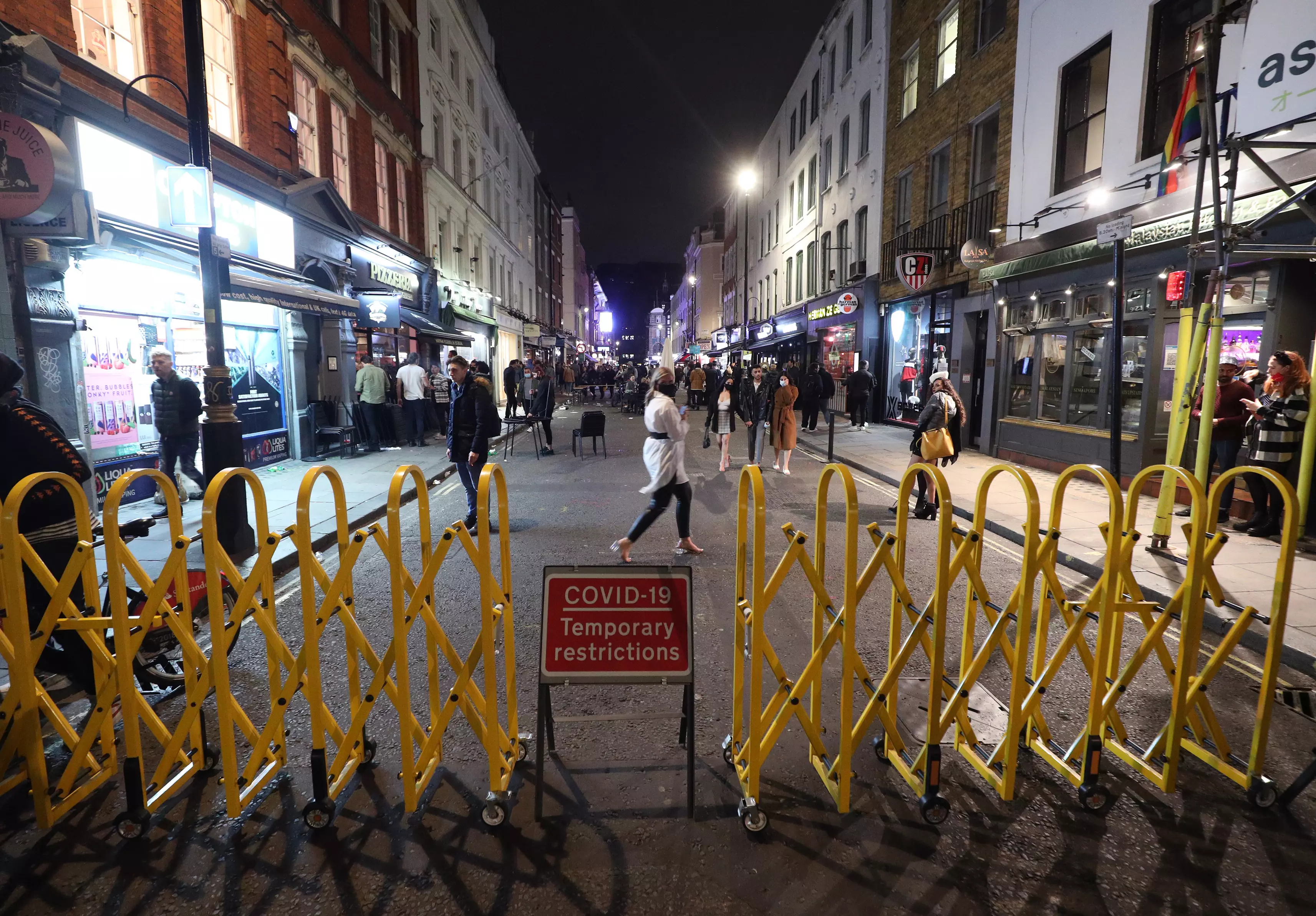
Anyone who gives the name of someone maliciously as a coronavirus contact and forces them to self-isolate could be forced to pay a £1,000 fine as part of the new regulations that come into force today.
The new rules also ban pubs and restaurants from playing loud music, or allowing people to sing or dance.
The legislation confirms that 'falsely stating...that someone is a close contact of a person who has tested positive for coronavirus' is now illegal, meaning that people cannot simply name someone they don't like as a contact.
It also applies to those who do not reveal names of contact to avoid them having to self-isolate.

This comes as it was revealed that the bars in Parliament were planning to stay open past the 10pm curfew, although this has now changed, and they will close in line with the rest of the UK.
These particular new rules are part of the legislation announced last week, although some elements of the new laws have not been well publicised, and only came to light as the document was published hours before it came into effect.
This has led to criticism of Matt Hancock, his fellow ministers and the government, as some believe that they have used emergency coronavirus powers to bypass scrutiny from MPs and the public before creating the new laws.
A number of MPs from Hancock's own Tory party mounted an attack on the beleaguered Health Secretary in the House of Commons earlier on, arguing that the poor communication of what is and isn't illegal under the new laws means that a full parliamentary debate and vote should have taken place.

The former Conservative chief whip Mark Harper told Hancock: "(These were) 12 pages of detailed laws, with lots of detail and criminal offences and duties - including duties on employers and directors and officers with serious criminal penalties.
"That's why we need to scrutinise the detail of the legislation before it comes into force and give our assent to it, not just allow you to do so by decree."
Hancock defended the decision to press on with the new legislation without consulting anyone outside of the immediate government.
He responded: "Sometimes in this pandemic we have had to move fast, and we may need to again.
"The challenge we have in this House is how to ensure proper scrutiny, whilst also being able when necessary to move fast in response to the virus."

It was widely known in advance that the fines for disobeying the new laws stretched from £1,000 for a first offence to £10,000 for four breaches, but it has now been revealed that a first offence can incur a fine up to £4,000 if the breach is committed 'recklessly'.
That could include anyone who knows they are infected and refuses to self-isolate, or travels to anywhere they could infect someone.
It also means that people who give false information for track and trace could receive a £1,000 fine.
Featured Image Credit: PATopics: UK News, Coronavirus, Politics